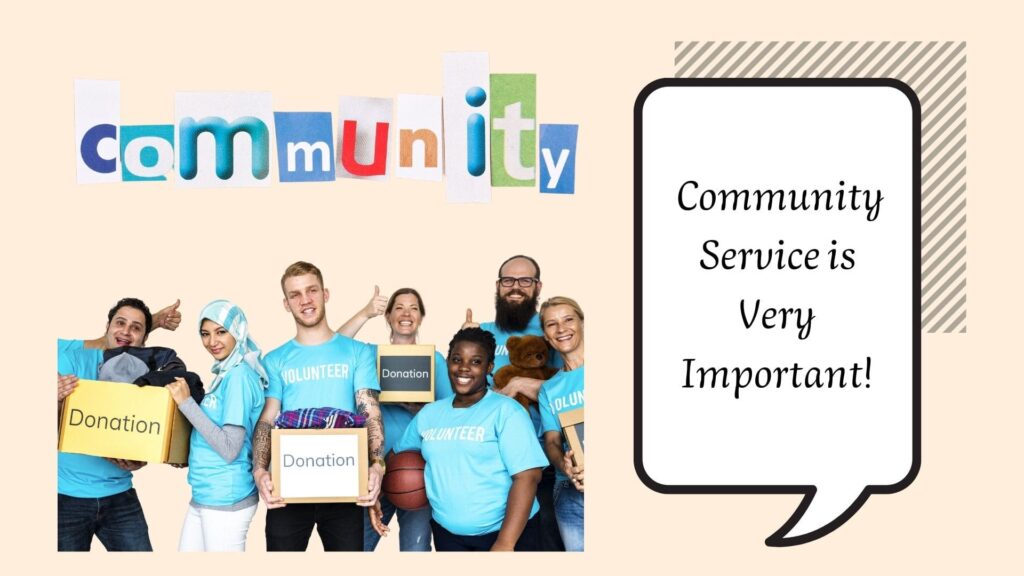Blog 5 – The Harvard Project on College Admission
Special thanks to our beloved student Karen who contributed to many graphics for Giraffe blogs.
#collegeadmission
The Harvard Graduate School of Education conducted a project in 2016 – Turning the Tide, Inspiring Concern for Others and the Common Good through College Admissions. Participants of this project include admission officers from 50+ US universities, school principals, education experts, and more. The purpose of this project is to improve the university admission process.
The report offers three specific recommendations for shaping the admission process:
-
Promoting more meaningful contributions to others, community service, and engagement with the public good.
-
Assessing students; ethical engagement and contributions to others in ways that reflect varying types of family and community contributions across race, culture, and class.
-
Redefining achievement in ways that both level the playing field for economically diverse students and reduce excessive achievement pressure.
The report became significantly influential. Many educators and deans of admission at some of the country’s most selective schools contributed to or endorsed this report (Arenge, 2020). It is signed by 80 key stakeholders in admissions from US universities, including the Ivy League universities (EARCOS.org, 2020). The effect of this report continuously accumulates to influence and reshape the university admission process across North America.
What Does it Mean to Student?
Students aiming for top-tier U.S. universities may want to reevaluate the extra-curricular activities they are doing. Harvard report gives the following recommendations.

Recommendation #1:Meaningful, Sustained Community Service
Community services promote capabilities such as empathy and altruism. Students should choose high-quality community services that have significant ethical benefits to be meaningful. In addition, students are urged to commit for at least one year to one activity to generate deeper reflection and to have a more significant impact on others.
Recommendation #2: Collective Action that Takes on Community Challenges
Students are encouraged to consider working in groups on community problems, such as school bullying and environmental degradation. Students should begin these projects with substantial research to develop problem-solving skills. Teamwork is also highly valuable. While colleges appreciate students’ outside-of-school activities such ad arts and supports, students need to demonstrate how these activities contribute to others.
Recommendation #3: Authentic, Meaningful Experiences with Diversity
Students should consider the types of community engagement likely to generate a deeper appreciation of diversity, greater social awareness, and insights. These activities should not be simple services involving proximity or a common task. Students should work in diverse groups – diverse is in terms of gender, religion, and political orientations – for a sustained period of time where these experiences are carefully constructed and facilitated.
Recommendation #4: Service that Develops Gratitude and a Sense of Responsibility for the Future
The report encourages students to participate in activities that help them appreciate the contributions of different generations. Working within a tradition helps students generate gratitude and responsibility. Students need to show their sense of responsibility and caring regarding their future descendants.
Reference
Arenge, A. (2020, June 25). Helping Teens Find Meaning in Service. TODAY.Com. https://www.today.com/parenting-guides/3-ways-help-high-schoolers-find-meaning-service-t179004
EARCOS.org. (2020, February 17). College Admissions. Issuu. https://issuu.com/earcosorg/docs/et-may-2016/s/10219980








